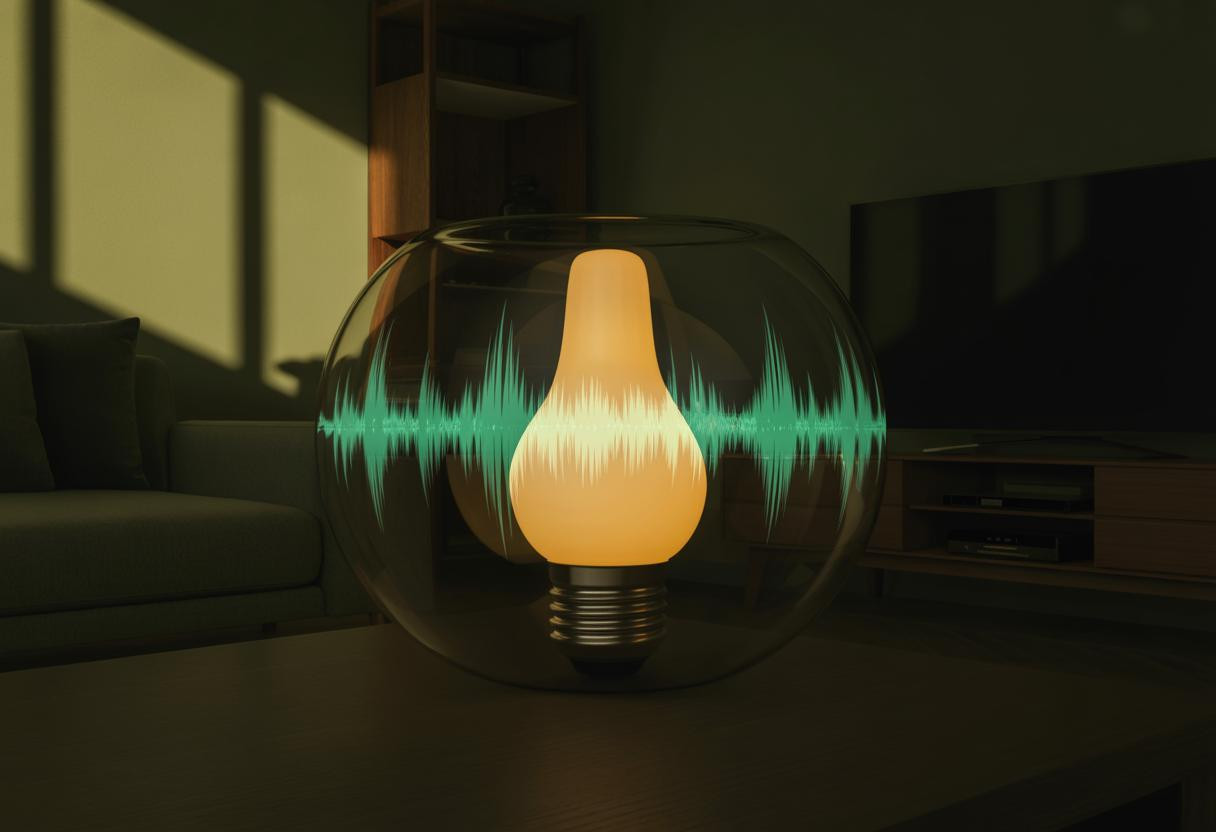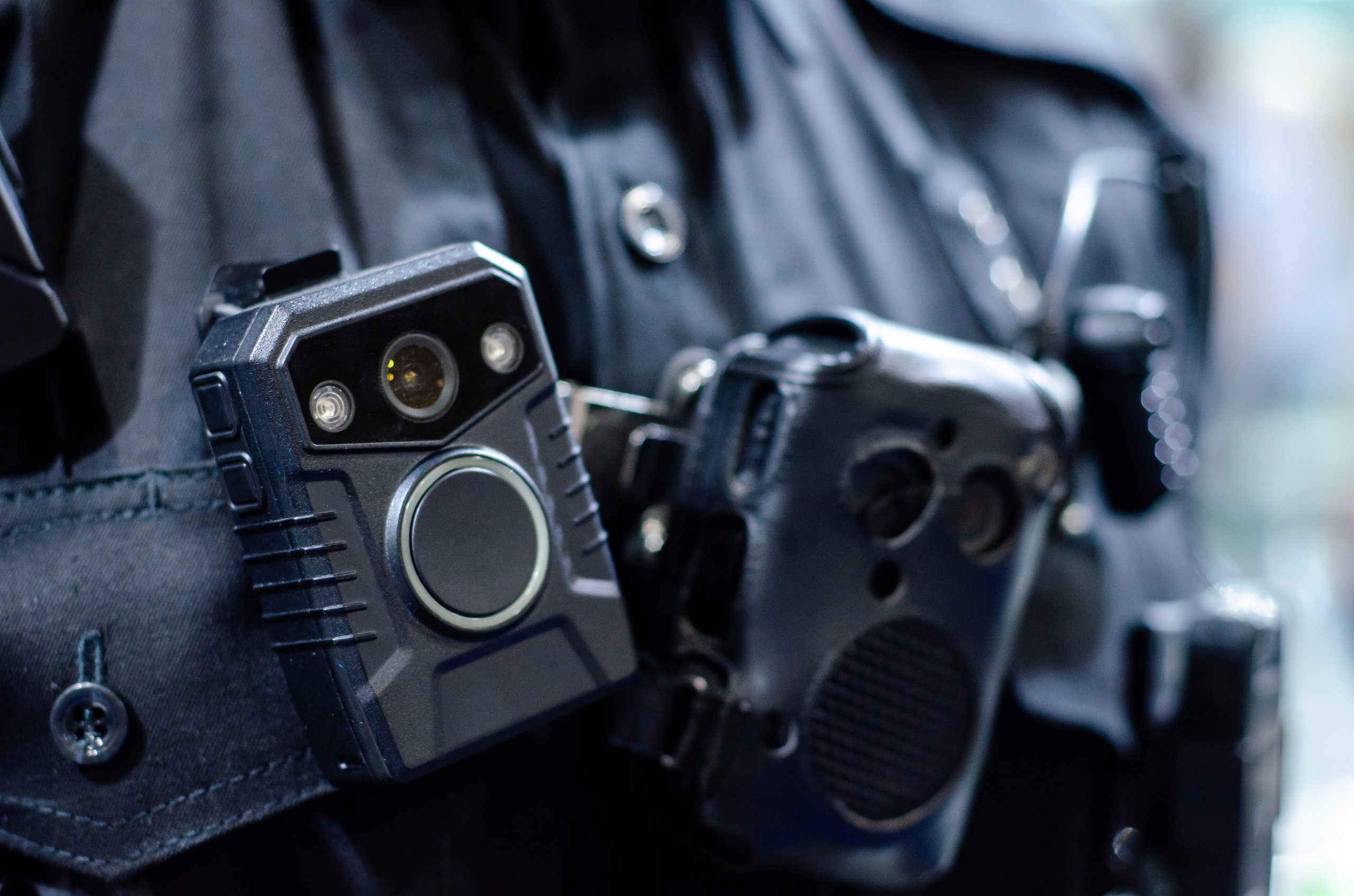Peak Energy just shipped the US's first grid-scale sodium-ion battery
-
everything else we've used so far (nearly all Lithium based).
We have used water before lithium, and it isn't bad at all.
Pumped hydro?
-
This is big! Grid scale Sodium Ion battery technology is (on paper) the best candidate for cheap large scale electricity storage. The fact that this company is working on 9 pilot deployments mean that this will likely produce the real world results that the paper exercises promise.
There are SO MANY advantages of Sodium Ion battery tech for grid storage over everything else we've used so far (nearly all Lithium based).
Sodium Ion batteries:
- don't have as intense thermal management needs Lithium chemistries
- don't have the massive negative environmental impact for their source materials (because its a part of regular old table/sea salt)
- doesn't have the massive swings in capacity when operated in extreme hot or cold temperatures. Sodium Ion doesn't care.
The only downsides to Sodium Ion is that the batteries are physically larger for the same amount of energy stored (which isn't a problem for stationary storage), and the charging/discharging curves are not as linear as other chemistries (which again, isn't an issue because these are purpose built applications where the curves can easily be managed by battery management systems).
I would happily dedicate a corner of my garage for a big sodium ion battery.
Also, fun fact they can charge and discharge faster than lithium ion. Also, their chemistry doesn't lead to spontaneous combustion. Perfect for a house backup.
-
cross-posted from: https://lemmy.bestiver.se/post/528970
That much salt is not going to be good for blood pressure.
-
everything else we've used so far (nearly all Lithium based).
We have used water before lithium, and it isn't bad at all.
We have used water before lithium, and it isn’t bad at all.
Not so great in a flat dry desert though. Pump storage is great when there is lots of water and a naturally occurring elevation, but there's lots of places on Earth that don't have that, but do have energy to store.
-
Pumped hydro?
Also very good, but geographically limited.
-
That much salt is not going to be good for blood pressure.
New warning label unlocked: Do not eat the Batteries.
-
This is big! Grid scale Sodium Ion battery technology is (on paper) the best candidate for cheap large scale electricity storage. The fact that this company is working on 9 pilot deployments mean that this will likely produce the real world results that the paper exercises promise.
There are SO MANY advantages of Sodium Ion battery tech for grid storage over everything else we've used so far (nearly all Lithium based).
Sodium Ion batteries:
- don't have as intense thermal management needs Lithium chemistries
- don't have the massive negative environmental impact for their source materials (because its a part of regular old table/sea salt)
- doesn't have the massive swings in capacity when operated in extreme hot or cold temperatures. Sodium Ion doesn't care.
The only downsides to Sodium Ion is that the batteries are physically larger for the same amount of energy stored (which isn't a problem for stationary storage), and the charging/discharging curves are not as linear as other chemistries (which again, isn't an issue because these are purpose built applications where the curves can easily be managed by battery management systems).
Can we make them from desalination plants, in part? Or no? I don't know the science for it.
-
Can we make them from desalination plants, in part? Or no? I don't know the science for it.
Yeah, the brine is where various useful ions can be further extracted from. https://news.mit.edu/2019/brine-desalianation-waste-sodium-hydroxide-0213
-
We have used water before lithium, and it isn’t bad at all.
Not so great in a flat dry desert though. Pump storage is great when there is lots of water and a naturally occurring elevation, but there's lots of places on Earth that don't have that, but do have energy to store.
in a flat dry desert
Hopefully you are free not to live there...
-
That much salt is not going to be good for blood pressure.
You're not supposed to eat the electricity
-
This is big! Grid scale Sodium Ion battery technology is (on paper) the best candidate for cheap large scale electricity storage. The fact that this company is working on 9 pilot deployments mean that this will likely produce the real world results that the paper exercises promise.
There are SO MANY advantages of Sodium Ion battery tech for grid storage over everything else we've used so far (nearly all Lithium based).
Sodium Ion batteries:
- don't have as intense thermal management needs Lithium chemistries
- don't have the massive negative environmental impact for their source materials (because its a part of regular old table/sea salt)
- doesn't have the massive swings in capacity when operated in extreme hot or cold temperatures. Sodium Ion doesn't care.
The only downsides to Sodium Ion is that the batteries are physically larger for the same amount of energy stored (which isn't a problem for stationary storage), and the charging/discharging curves are not as linear as other chemistries (which again, isn't an issue because these are purpose built applications where the curves can easily be managed by battery management systems).
Would container ships be a good application? Or too heavy/large?
-
in a flat dry desert
Hopefully you are free not to live there...
Middle east would like a word with you.
-
cross-posted from: https://lemmy.bestiver.se/post/528970
It would be nice to see a price/GWh of this (along with running costs, it says they save 1 Million per GWh, how much were the running costs before!?), but any improvement in battery tech is definitely a good thing.
-
Also very good, but geographically limited.
And very destructive for the local environment
-
It would be nice to see a price/GWh of this (along with running costs, it says they save 1 Million per GWh, how much were the running costs before!?), but any improvement in battery tech is definitely a good thing.
Also the size of the thing and what happens to batteries after they die.
-
cross-posted from: https://lemmy.bestiver.se/post/528970
I work for a controller OEM that builds the brains for managing these systems. It’s cutting edge stuff.
-
Yeah, the brine is where various useful ions can be further extracted from. https://news.mit.edu/2019/brine-desalianation-waste-sodium-hydroxide-0213
It's both amazing and hilarious that our sodium battery production is similar to modded Minecraft logic.
-
I work for a controller OEM that builds the brains for managing these systems. It’s cutting edge stuff.
The part that controls/balances the discharge profiles, right? Because sodium batteries have a more non-linear discharge pattern.
-
cross-posted from: https://lemmy.bestiver.se/post/528970
But why US? Can't store fracking oil in there.
-
But why US? Can't store fracking oil in there.
Finally something the EU can invest those 600 billion in. Or buy it, like lots of EU startups were by FAANG companies years ago. Tramp says it's dead tech, so it's ok.
-
-
-
“You can't be expected to have a successful AI program when every article, book or anything else that you've read or studied, you're supposed to pay for”, President Trump says
Technology 1
1
-
Missouri AG: Any AI That Doesn’t Praise Donald Trump Might Be “Consumer Fraud” (No, Really)
Technology 1
1
-
-
-
-
Developer Collective of Peertube, the fediverse youtube alternative is doing a Ask-Me-Anything on lemmy.
Technology 1
1





